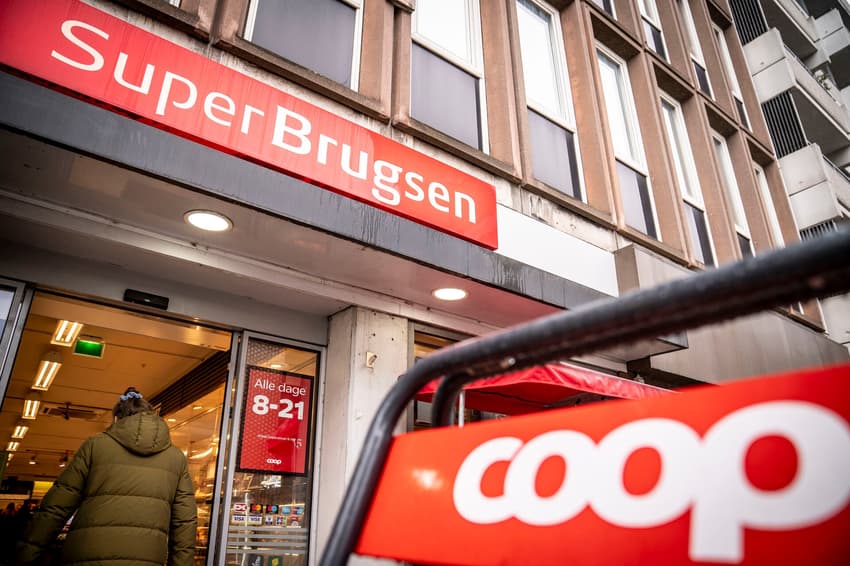Danish supermarket chains to get shared names in rebranding

Danish supermarkets Kvickly, SuperBrugsen and Irma will operate under a shared name after parent company Coop decided to merge the three brands together.
Coop said in a statement on Tuesday that the largest of its Kvickly, SuperBrugsen and Irma stores will all be renamed “Coop”.
Remaining, smaller stores will, along with existing Dagli’ Brugsen stores, all be called “Brugsen” under the rebranding.
“We are in the midst of a period we have never experienced before, either in the sector or for Coop,” CEO Kræn Østergård Nielsen said in the statement.
“After delivering a record result in 2020 and record turnover in 2021, we have seen and extreme change in customers’ purchases in the last year, whereby they have moved their spending towards discount and generally buy cheaper and fewer items,” he said.
The Coop supermarkets will be Denmark’s biggest chain, according to the company’s statement. The new structure means Coops current eight brands as of 2022 -- Kvickly, SuperBrugsen, Dagli´Brugsen, Fakta, 365discount, Irma, Coop.dk Shopping and Coop.dk MAD – will be reduced to three: Coop, 365discount and Brugsen.
The new stores are scheduled to open by late summer.
Comments
See Also
Coop said in a statement on Tuesday that the largest of its Kvickly, SuperBrugsen and Irma stores will all be renamed “Coop”.
Remaining, smaller stores will, along with existing Dagli’ Brugsen stores, all be called “Brugsen” under the rebranding.
“We are in the midst of a period we have never experienced before, either in the sector or for Coop,” CEO Kræn Østergård Nielsen said in the statement.
“After delivering a record result in 2020 and record turnover in 2021, we have seen and extreme change in customers’ purchases in the last year, whereby they have moved their spending towards discount and generally buy cheaper and fewer items,” he said.
The Coop supermarkets will be Denmark’s biggest chain, according to the company’s statement. The new structure means Coops current eight brands as of 2022 -- Kvickly, SuperBrugsen, Dagli´Brugsen, Fakta, 365discount, Irma, Coop.dk Shopping and Coop.dk MAD – will be reduced to three: Coop, 365discount and Brugsen.
The new stores are scheduled to open by late summer.
Join the conversation in our comments section below. Share your own views and experience and if you have a question or suggestion for our journalists then email us at [email protected].
Please keep comments civil, constructive and on topic – and make sure to read our terms of use before getting involved.
Please log in here to leave a comment.